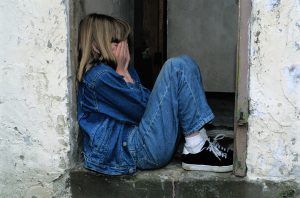Biggest Celebrity Domestic Violence Stories of 2022—and What We Can Learn from Them
 Domestic violence continues to be a major issue in our culture, plaguing millions of households every year. At the same time, for most families, incidents of domestic battery and other forms of violence don’t become major news stories. When celebrity relationships devolve into domestic violence, not only must they deal with the pain and disruption of the violence itself–they must also deal with it under the unforgiving spotlight of public view—and they’re often tried in the court of public opinion, as well.
Domestic violence continues to be a major issue in our culture, plaguing millions of households every year. At the same time, for most families, incidents of domestic battery and other forms of violence don’t become major news stories. When celebrity relationships devolve into domestic violence, not only must they deal with the pain and disruption of the violence itself–they must also deal with it under the unforgiving spotlight of public view—and they’re often tried in the court of public opinion, as well.
But there is a silver lining. While these stories may be embarrassing to the victims and the accused at the moment, they also allow us to see that domestic violence isn’t relegated to certain classes of people—it can touch anyone. These stories also provide “teaching moments,” offering a platform to discuss the ways we as a society can work toward preventing and responding to domestic violence. With that said, let’s look at some of the most noted domestic violence stories of 2022 to see what we can learn from them.
 Los Angeles Criminal Defense Attorney Blog
Los Angeles Criminal Defense Attorney Blog


